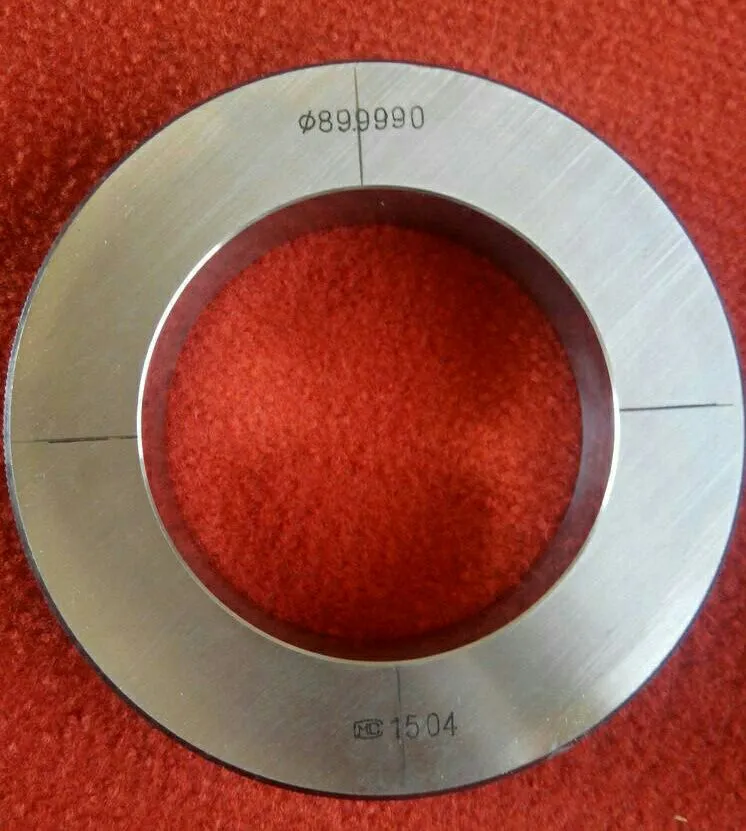Nov . 26, 2024 10:13 Бозгашт ба рӯйхат
Choosing the Right Measuring Tools for Precision and Reliability
When it comes to accuracy in measurement, selecting the right tools is essential. From different measuring tools to advanced precision measuring tools and specialized gauge measurement tools, each offers unique benefits depending on the application. This guide explores how to choose and maintain these tools to achieve accurate results every time.

Key Points for Selecting Different Measuring Tools
Selecting different measuring tools requires an understanding of your specific measurement needs. Calipers, micrometers, and rulers are popular options, each offering unique advantages in various industries. Calipers, for example, are ideal for measuring internal and external dimensions, while micrometers provide higher accuracy for smaller measurements. Understanding the tolerance and precision required for your task will help you determine the most suitable measuring tools for the job. In industries such as manufacturing and engineering, selecting the right measuring tool can make the difference between a successful project and costly errors.
Types and Uses of Gauge Measurement Tools
A gauge measurement tool is essential for precise control and inspection in multiple applications. Common types include pressure gauges, dial gauges, and thickness gauges. These tools are widely used to measure and monitor conditions such as pressure, gaps, and thickness in materials. A dial gauge, for instance, is particularly effective for measuring small variations, while a pressure gauge helps in monitoring hydraulic or pneumatic systems. Gauge measurement tools provide quick, accurate results, making them invaluable in quality control, manufacturing, and industrial processes where exact measurements are essential.
Achieving Accuracy with Precision Measuring Tools
For tasks that demand meticulous precision, precision measuring tools are indispensable. Tools like micrometers, calipers, and coordinate measuring machines (CMMs) fall into this category. These tools are engineered for the highest level of accuracy, allowing users to measure within fractions of a millimeter. For instance, a micrometer is highly accurate for measuring thickness or diameter, making it perfect for machining or quality control in manufacturing. Precision measuring tools ensure that products meet specific tolerances, which is crucial in fields like aerospace, automotive, and electronics manufacturing, where every measurement counts.
Maintenance and Care for Long-Lasting Accuracy
Proper maintenance is essential to keep different measuring tools and precision measuring tools in optimal condition. Regular cleaning, calibration, and inspection prevent wear and tear, ensuring that the tools remain accurate over time. For instance, dial gauges and micrometers require periodic calibration to maintain measurement accuracy, while tools with electronic components should be protected from moisture and dust. Following manufacturer guidelines for maintenance and storage not only extends the lifespan of your tools but also ensures continued reliability, which is critical in professional settings where precision is paramount.
Why Quality Tools Matter in Measurement
Investing in high-quality gauge measurement tools and precision measuring tools pays off in the long run. Quality tools provide consistency and dependability, reducing the risk of errors and rework in production. For businesses, this means improved efficiency and cost savings, while for professionals, it ensures that their work meets the highest standards. From different measuring tools to specialized gauges, each serves a vital role in achieving accurate measurements, making quality and maintenance priorities for any serious user.
In conclusion, understanding different measuring tools and their applications can lead to better accuracy and productivity in various fields. With the right selection and care, these tools support reliable and precise measurements, which are essential to the success of many industries.
-
Why Metric Trapezoidal Thread is Ideal for Precision Motion ControlАхборAug.05,2025
-
The Unique Properties of a Block of Granite for Industrial UseАхборAug.05,2025
-
The Role of Flanged Y Strainers in Preventing Pipeline ClogsАхборAug.05,2025
-
The Importance of Regular Calibration for Master Ring GagesАхборAug.05,2025
-
How a Cast Iron Surface Table Enhances Accuracy in ManufacturingАхборAug.05,2025
-
Comparing Different Check Valve Types for Optimal Flow ControlАхборAug.05,2025
МАХСУЛОТИ марбут









